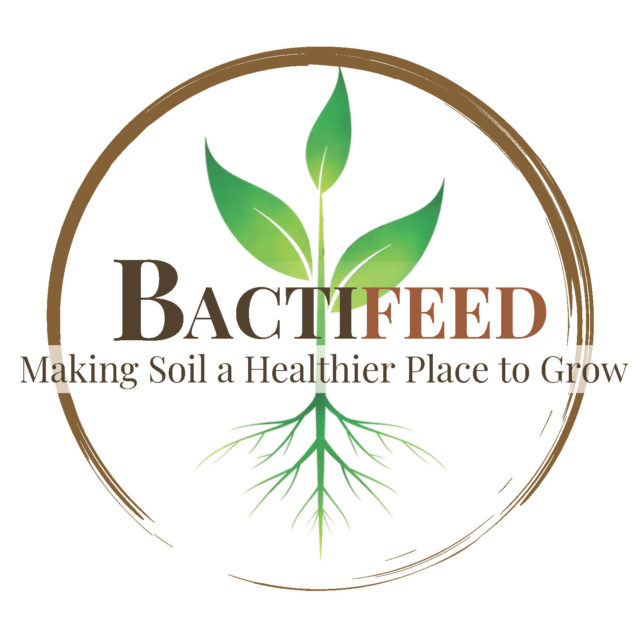You’ve seen it. You’ve done it. A cow enters the sale ring and almost instantly the cow is judged and valued. After the instant thoughts, there will be additional checks and second-looks, but only for verification. By and large, for the long-time cow man, the initial impression, made in nanoseconds, will stand.
What makes these snap decisions possible? How do they work? Are they as correct as they are fast? The answer to these questions came to me in a book.
Books and reading are important to me. No trip of mine goes without a book or two in hand. The love of reading is one of the great legacies my father left me. I try to finish a book a week, depending on my schedule and work, not just for enjoyment, but to challenge what I know and how I think. The thoughts that come from these books, mixed with others learned and unlearned, frame how I look at current issues.
Snap decisions are not unique to dairymen or to judging cows. People in all trades and personal situations rely constantly on these gut decisions. In Malcolm Gladwell’s book, Blink! The Power of Thinking without Thinking, he explores this phenomenon of snap decisions. It is a book of how the mind reaches decisions or responds to the unfolding events of trade and of life. It is an exploration of how we think at the sale barn, work, in the classroom or even the bedroom. While there are successes in these snap decisions (For example, he tells the story of a psychologist who can predict the success or failure of a marriage in a few minutes.), he also describes how such decisions lead to failures (remember the New Coke?). It is an easy-to-read, entertaining and informative book.
Gladwell is the author of several other excellent books which I recommend. His first was The Tipping Point: How Little Things Make a Big Difference. In this book Gladwell identifies the characteristics of a fast-spreading phenomenon, whether it is the sale of new sneakers, the spread of sexually transmitted diseases or a best-selling book. If you wanted to know how something seems to explode out of nowhere to be dominant, this book answers it. He also taught me a new word, maven, and the role that a maven has in the spread of ideas.
In the world of dairymen, there are those who have done well (notice no present tense) and some who have done extremely well. This is particularly seen in California. How, then, is it that some dairymen have come to be very wealthy dairymen, while others did not? In Gladwell’s most recent book, Outliers! The Story of Success, Gladwell explains how timing and coincidence make the difference between the really, really successful (Bill Gates, for example) and those who were not so successful, even if they are of equal ability.
All of Gladwell’s books are high on my list of books to read, but Blink! is my favorite.
In working on one of the many challenges in federal dairy marketing policy, I once discussed with an economist his model to analyze dairy pricing. I was trying to understand what his report was saying and how it came to support or oppose a position my client was considering. When I thought I understood it and restated it to the author, he chuckled and said, “You got it! But before you get too excited, remember that this model is like the model planes you made as a kid. They look like the real thing, but they are smaller and when you try to fly them, they crash!” As dairymen face prospects of new policy changes, report after report will be published. Some will argue how this model or that model predicts the outcome of the policy choice.
The underlying fallacy of models is fully explored by Nassim Nicholas Taleb in his book Fooled by Randomness: The Hidden Role of Chance in Life and in the Markets. With great insight and detail, he explains why we are exposed to far more risk than we want to acknowledge.
His primary thesis is that people use hindsight, then turn around and call it foresight. Some experts do the same thing and call it modeling. The fallacy is this: The rare events that change everything are not in the rearview window and, as a result, our predictions for the future are wrong because we do not account for the rare, but almost certain to occur, rare events ahead of us. Models predicting dairy production, demand and consumption, for example, are based upon this failed concept – that the future mirrors the past. Models crash.
In a world that never stops changing and never slows in its rate of change, knowing what we do not know is more important than what we do know. Focusing only on what we know and sharing only with those whose knowledge base is the same as our own exposes us to the risk that what we do not know might be more important than what we do know.
Before the Western world discovered Australia, the only swans Europeans had ever seen were white. So prevalent and unalterable was this perception that there was a common expression, “That is as unlikely as a black swan.” That expression is equivalent to the expression used today: “When pigs fly.”
They are expressions of impossibility. Then in the 17th century, explorers came to Australia and found a black swan – the impossible had become possible. Taleb saw in the discovery of the black swan the metaphor that explains the concept of rare events – hard to predict but of high consequence. Once you find a black swan, nothing is the same again.
Taleb, in his first book, The Black Swan: The Impact of the Highly Improbable, explains how a handful of events, though rare in frequency, have enormous consequences when they happen. He explains that operating a business by ignoring the possibility of a black swan is like walking across a city street blindfolded. Large banks and Fannie Mae, who ignored the rare events, were, in his words, like “driving a school bus blindfolded.”
The significance of Taleb’s two books can be seen in his quote, which was written prior to 2006: “Globalization creates interlocking fragility, while reducing volatility and giving the appearance of stability. In other words, it creates devastating Black Swans. We have never lived before under the threat of a global collapse. Financial institutions have been merging into a smaller number of very large banks.
Almost all banks are interrelated. So the financial ecology is swelling into gigantic, incestuous, bureaucratic banks – when one fails, they all fall. The increased concentration among banks seems to have the effect of making financial crises less likely, but when they happen they are more global in scale and hit us very hard. We have moved from a diversified ecology of small banks, with varied lending policies, to a more homogeneous framework of firms that all resemble one another. True, we now have fewer failures, but when they occur … I shiver at the thought.”
We are all shivering now. The recent financial industry collapse, expected by Taleb, is a major contributor to the reduced demand, and lower prices, for your milk. Taleb’s books are must-reads for anyone who wants to talk seriously and intelligently about government, economic and agricultural policy.
The authors I have mentioned here are two of my favorites. They do not represent all that I have read or intend to read. Rather, I identified these few books as those which can help in defining and better understanding the complex world in which we live, particularly if one wants to have a say in how that world will be in the future for us, our family and our industry.
Ben Yale
Attorney at Yale Law Office
ben@yalelawoffice.com




